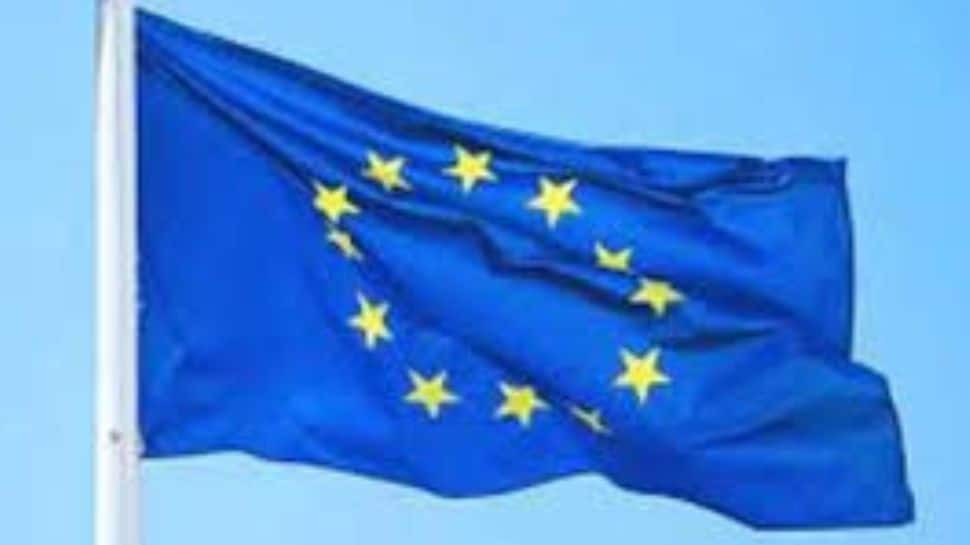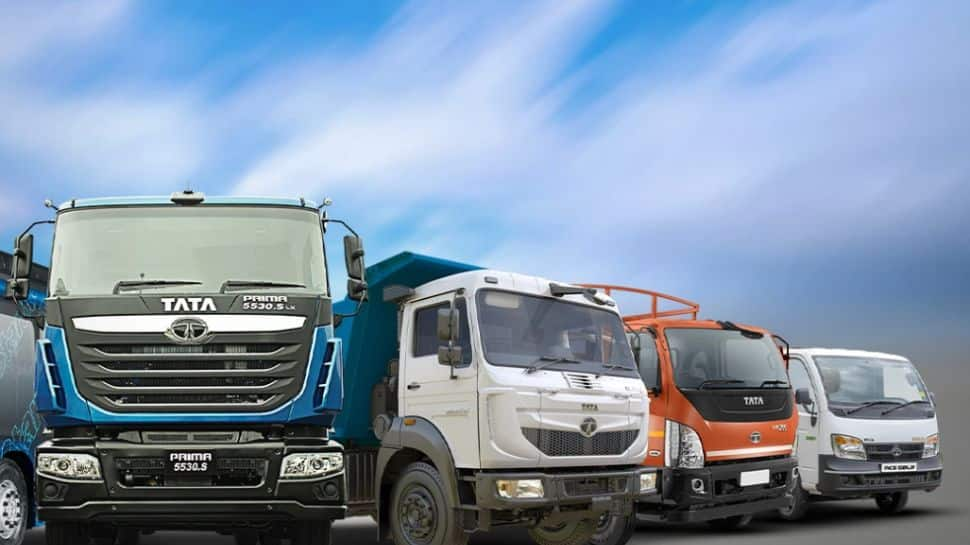Business
Discoms to save Rs 3,000 crore annually from GST cut on green energy – The Times of India

NEW DELHI: Reduction of GST (goods and services tax) from 12% to 5% across the renewable energy value chain is expected to bring down the power procurement costs of discoms (distribution utilities) across the country by roughly Rs 3,000 crore annually, the government said on Wednesday.The savings may not lead to reduction in consumer tariffs as they do not fully reflect costs due to inadequate upward revisions. Rating agency ICRA on Tuesday said as per the tariff revisions for 2025-26 cleared by 23 out of 28 states till August put the median hike at the all-India level at 1.9% against 2.1% in 2024-25.Still, the lower GST will contribute towards narrowing the gap between discoms’ cost of supply and revenue realisation, which ICRA pegged at 45 paise per unit. While factors such as line losses and billing inefficiencies also contribute to the gap, reduced power purchase costs will bring some relief for discoms, which ICRA said, have a gross debt burden of Rs. 7.4 lakh crore as of March 2024, up from Rs. 6.6 lakh crore a year earlier.Beyond the immediate, the real benefit of lower GST will become more noticeable as levelised tariffs for green power become more competitive as project costs come down. The renewable energy ministry reckons the cost of a grid-level solar project, which typically hovers around Rs 4 crore per MW, will come down by Rs 25 lakh. At the scale of a 500 MW solar park, this translates into project cost reductions of over Rs 100 crore.Lower GST will energise prime minister Narendra Modi’s rooftop solar scheme by bringing costs within reach of more households, especially among those with modest or lower incomes. A typical 3,000-watt rooftop solar system is expected to become cheaper by Rs 9,000–10,500, the ministry said. Farmers will also benefit by way of lower costs for solar pumps covered under the PM KUSUM scheme, as will off-grid projects in rural or remote areas.The biggest benefit will be for the renewable energy manufacturing sector as reduced GST will make them competitive due to a drop of 3-4% in component costs. This is expected to boost rapid expansion in domestic manufacturing, leading to more job creation.
Business
Over 2.5 crore Aadhaar Numbers deactivated by govt due to…
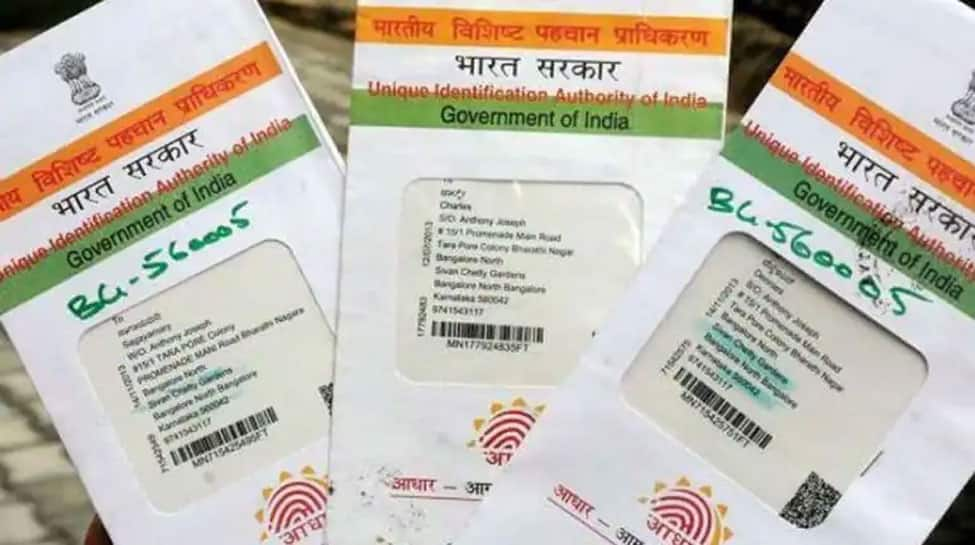
New Delhi: The Unique Identification Authority of India (UIDAI) has deactivated more than 2.5 crore Aadhaar numbers of deceased persons till date. This is as part of a nationwide clean-up effort to maintain the continued accuracy and integrity of the Aadhaar database, Union Minister of State for Electronics and Information Technology Shri Jitin Prasada in Lok Sabha on Wednesday.
Aadhaar is the world’s largest biometric identity system with approximately 134 crores live Aadhaar holders.
In case of the death of a person, it is essential that his/her Aadhaar number is deactivated to prevent potential identity fraud, or unauthorized usage of such Aadhaar number for availing welfare benefits.
The State / UT mentioned in the address of an Aadhaar number holder in the Aadhaar database may vary from the State / UT where death was registered.
Measures to prevent potential identity fraud
Government has said that several measures have been taken to reduce the risk of identity fraud and ensure leak-proof delivery of benefits in the country.
The key measures include:
Biometric Lock/Unlock feature enables an Aadhaar number holder to “Lock” his biometrics, preventing any unauthorized authentication attempts.
Aadhaar Lock/Unlock feature for an Aadhaar number holder.
Deployment of Face Authentication having ‘Liveness Detection feature’ to prevent spoofing and ensure the physical presence of the beneficiary during transactions.
Offline Verification: Promotion of Aadhaar Secure QR Code, Aadhaar paperless offline e-KYC, e-Aadhaar and Aadhaar verifiable credentials for offline identity verification.
No sharing of Core Biometric information of Aadhaar number holders in any manner by UIDAI.
Secure Data Storage: Mandatory use of Aadhaar Data Vaults by all requesting entities to store Aadhaar numbers in an encrypted format.
Database Sanitization: Regular de-duplication and deactivation of Aadhaar numbers belonging to deceased persons.
Updation of demographic details of an Aadhaar number holder is allowed only as per documents listed by UIDAI.
UIDAI has launched a new Aadhaar app which facilitates sharing of verified credentials by Aadhaar number holder with the Offline Verification Seeking Entities (OVSE) in a secure and seamless manner.
Business
TDS alert! Important February compliance dates you must track– Check Full list
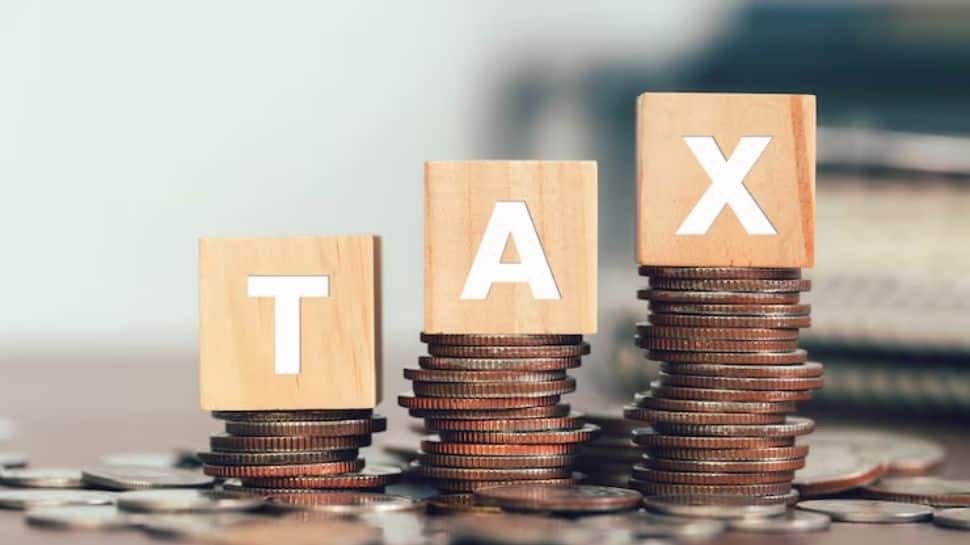
New Delhi: February 2026 brings a series of important deadlines related to Tax Deducted at Source (TDS) that taxpayers and deductors should not overlook. From issuing TDS certificates to submitting mandatory statutory forms, these compliance dates play a key role in ensuring smooth and accurate tax reporting. Businesses, employers, and government offices must stay alert and complete the required filings on time to avoid penalties or complications under the Income-tax Act. Keeping track of these dates can help ensure hassle-free compliance and prevent last-minute stress.
February 14:
– Deadline for issuing TDS certificate under Section 194-IA for tax deducted on transfer of immovable property in December 2025.
– Deadline for issuing TDS certificate under Section 194-IB for tax deducted on rent paid by individuals or HUFs in December 2025.
– Deadline for issuing TDS certificate under Section 194M for tax deducted on contractual or professional payments made in December 2025.
– Deadline for issuing TDS certificate under Section 194S for tax deducted on transfer of virtual digital assets by specified persons in December 2025.
February 15:
– Deadline for government offices to furnish Form 24G where TDS/TCS for January 2026 was deposited without generating a challan.
– Deadline for issuing the quarterly TDS certificate for non-salary payments for the quarter ended December 31, 2025.
Business
Musk’s net worth soars past $800 billion after SpaceX‑xAI deal
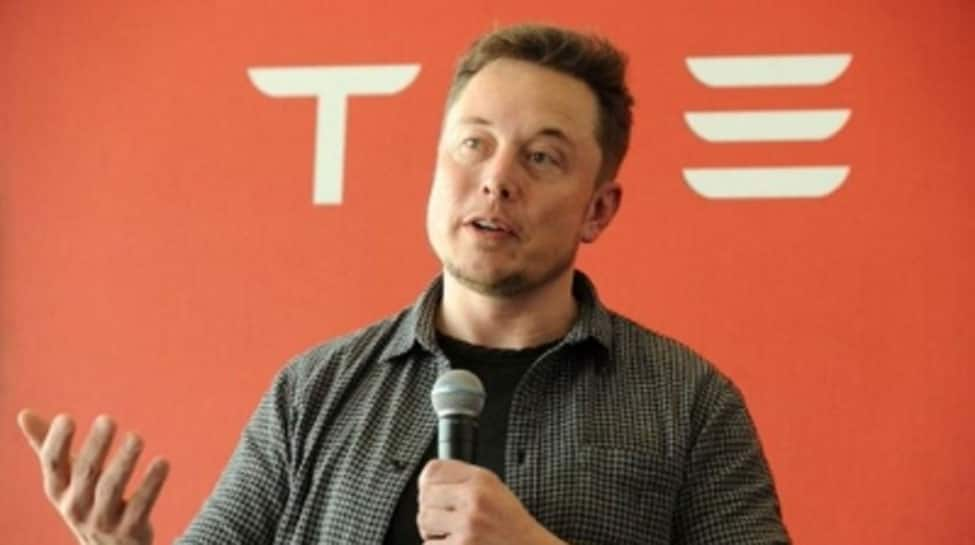
New Delhi: US entrepreneur Elon Musk’s net worth surged past the $800 billion mark after SpaceX acquired his artificial‑intelligence firm xAI, making him the richest person in history by a wide margin.
Musk’s net worth reached roughly $852 billion, almost $578 billion higher than the world’s second-wealthiest person, Google co-founder Larry Page, whose net worth is estimated at $281 billion.
The merger took the combined value of the company to $1.25 trillion and added about $84 billion to Musk’s fortune, according to reports.
Before the merger, Musk owned about 42 per cent of SpaceX which was valued at $800 billion and roughly 49 per cent of xAI, which was valued at $250 billion after a recent private fundraising round. Post‑merger, Musk’s stake in the combined entity touched 43 per cent, worth about $542 billion and SpaceX became Musk’s largest holding by a wide margin, the reports said.
Musk also retains about 12 per cent of Tesla, valued at approximately $178 billion, along with Tesla stock options, estimated at $124 billion. Further, in addition to these, Musk also receives a shareholder‑approved Tesla pay package up to $1 trillion in additional Tesla stock, before taxes over the next decade and the cost of unlocking restricted shares, if performance targets are met.
He crossed several wealth milestones in the past four months such as $500 billion, $600 billion and $700 billion, driven by SpaceX valuation gains and a Delaware Supreme Court ruling that restored his Tesla options.
Musk earlier said that SpaceX’s Starship will begin delivering the much more powerful V3 Starlink satellites to orbit in 2026, with each launch adding more than 20 times the capacity to the constellation as the current Falcon launches of the V2 Starlink satellites.
It will enable launches “every hour carrying 200 tons per flight” and ultimately lifting millions of tons to orbit and beyond, Musk has shared his plan.
Starship will also launch the next generation of direct-to-mobile satellites, which will deliver full cellular coverage everywhere on Earth, he added.
-

 Sports1 week ago
Sports1 week agoPSL 11: Local players’ category renewals unveiled ahead of auction
-

 Entertainment1 week ago
Entertainment1 week agoClaire Danes reveals how she reacted to pregnancy at 44
-

 Sports1 week ago
Sports1 week agoCollege football’s top 100 games of the 2025 season
-

 Business1 week ago
Business1 week agoBanking services disrupted as bank employees go on nationwide strike demanding five-day work week
-

 Politics1 week ago
Politics1 week agoTrump vows to ‘de-escalate’ after Minneapolis shootings
-

 Sports1 week ago
Sports1 week agoTammy Abraham joins Aston Villa 1 day after Besiktas transfer
-

 Entertainment1 week ago
Entertainment1 week agoK-Pop star Rosé to appear in special podcast before Grammy’s
-

 Tech1 week ago
Tech1 week agoBrighten Your Darkest Time (of Year) With This Smart Home Upgrade



